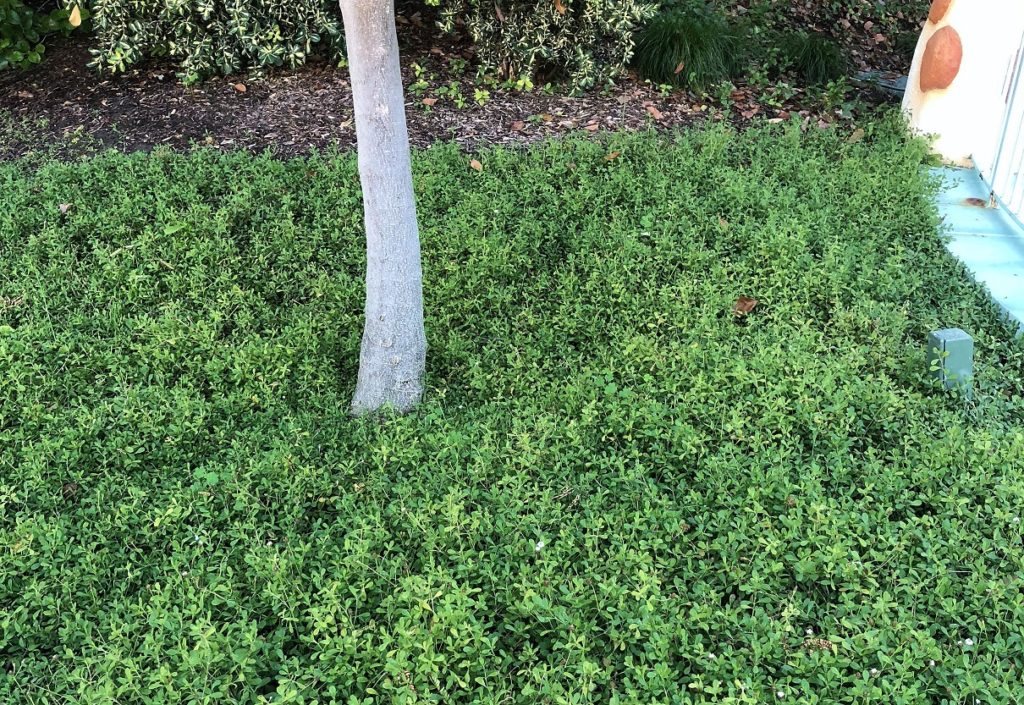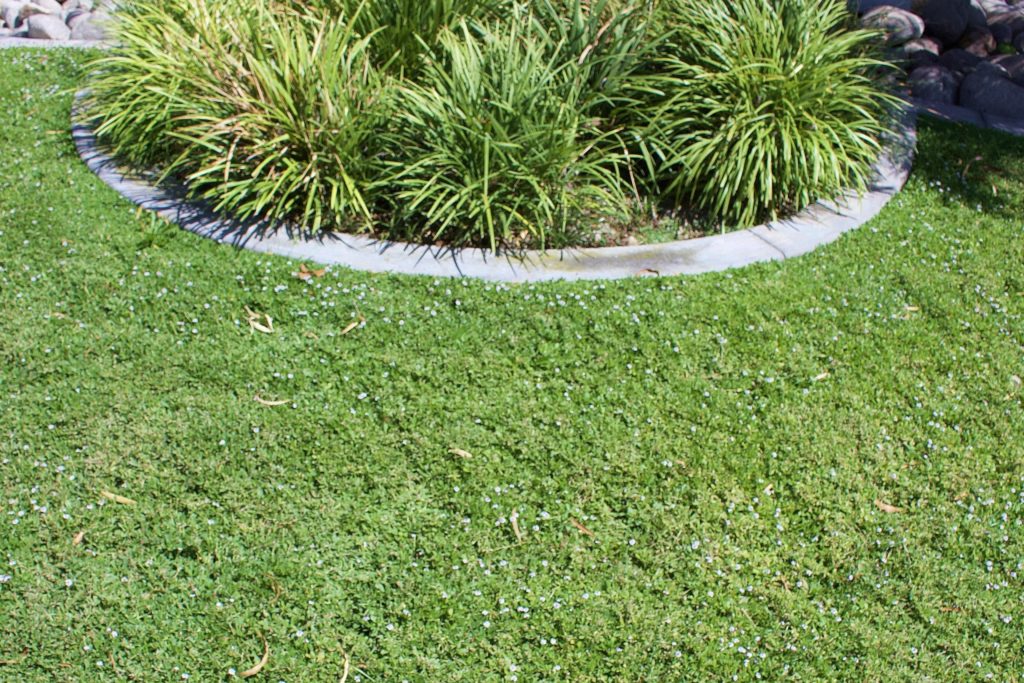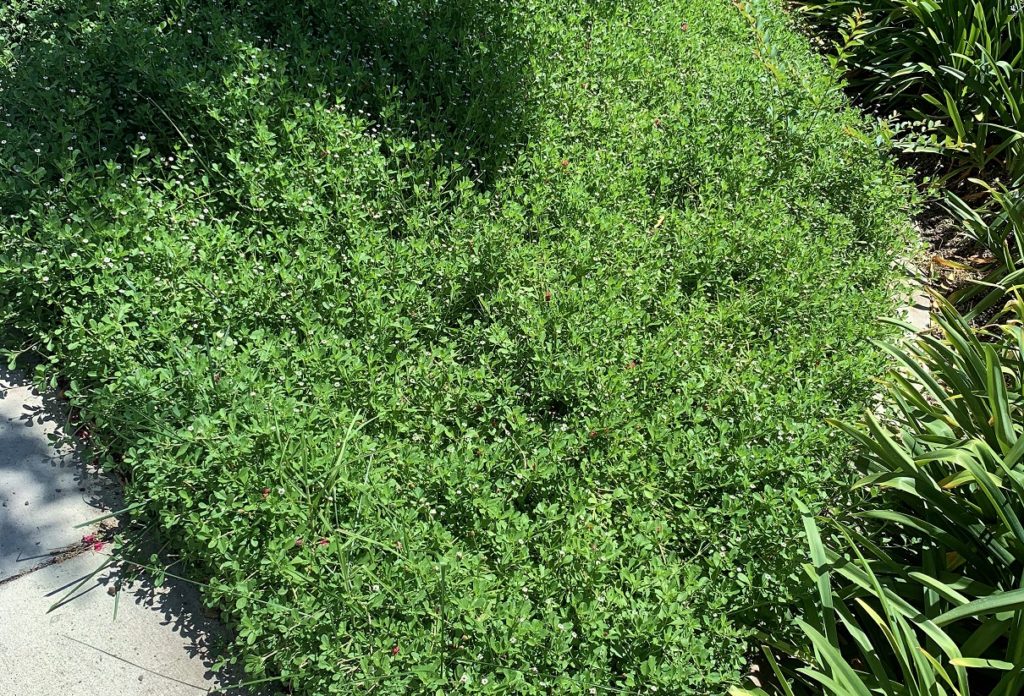
Happy Earth Day!
Everyone here at Kurapia in the United States and Japan would like to wish everyone a Happy Earth Day!
You might want to know that all of us here are very much looking for many ways to improve the ecological footprint of our work and our product. Even at our testing facilities in Los Angeles, California you’ll find that we share space with locally harvested oak trees that we grow and plant in the local urban forestry to help improve our carbon footprint.
Ecology is one of the main reasons that we love this product so much. Dealing with the drought issues in California for example Is one of the primary reasons that we love our product so much, and why it is sold so frequently in California. As water becomes more scarce all over the world including the more arid regions of the United States, we hope to see our product grow in more and more households and landscapes.

Kurapia is very adaptable, growing in many soil environments without needing extensive soil grooming, great for reducing waste. Having such a durable product such as ours works great with many different soil environments, without any risk of spreading into the native ecology due to being sterile. However, if allowed to flower, provide adequate nectar for beneficial insects such as bumblebees
Another thing to think about is the amount of fertilizer and other products that is required to keep traditional groundcovers, such as grass, healthy and growing strong. A lot of these products are liquid or granular and are designed to work with water. Unfortunately, since the roots of grass are not very deep you have to feed the plant more tenaciously and a very large percentage of that fertilizer ends up in the ground water or in the aquifer in the area. A lot of this ends up being rinsed out into the waterways in the oceans leading to all sorts of problems down the line.
Feeding Kurapia is quite easy. We have found that it only needs a few feedings a year because of its incredibly deep roots. Roots that in a properly watered garden of deep and infrequent waterings will be over 6 feet deep. Having roots this deep means that there is more available nutrition from fertilizers in the soil for the plant to absorb and use. That’s why you don’t need to feed your plants as often or in such high concentrations.
In our experimentation we have also found that some organic solutions perform just as well as liquid and chemical solutions because organic solutions break down slowly and take a while to be absorbed by the plant as it’s broken down in the soil. This also means that you’re getting a lot better value from your fertilizers.

We also believe that the most efficient way to get our plants to our customers is through shipping to you directly. This cuts out the amount of time that the product spends on shelves or being moved around which not only keeps the plants healthier but also minimizes the amount of fossil fuels used to deliver the plant to you. But we haven’t stop there, our company is working hard to find you sustainable ways to get our plants to you but still maintaining the high-quality that you get from us now.
Some of those ideas include biodegradable packaging and lighter weight shipping containers that use less fuel. You may also find as our company continues researching ways to improved our product whenever we deal with weeds or disease or pests whenever we test a new chemical or a new product available to treat issues with our plants we also test organic solutions right alongside them. Our plants have tried all sorts of organic gardening favorites such as alfalfa and kelp meal and fungicides such as sulfur granulation and copper soap. Rest assured, any time that we find something new in exciting you’ll hear about it here from us.
We are proud to be bringing our product to you and we thank you for your support!
Kurapia is only sold online and shipped directly to your home or business. We recommend planting Kurapia in US Department of Agriculture (USDA) Zones 7b or warmer. You may find your climate zone here.
Thank You!

